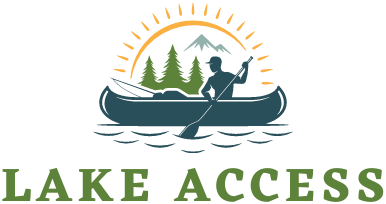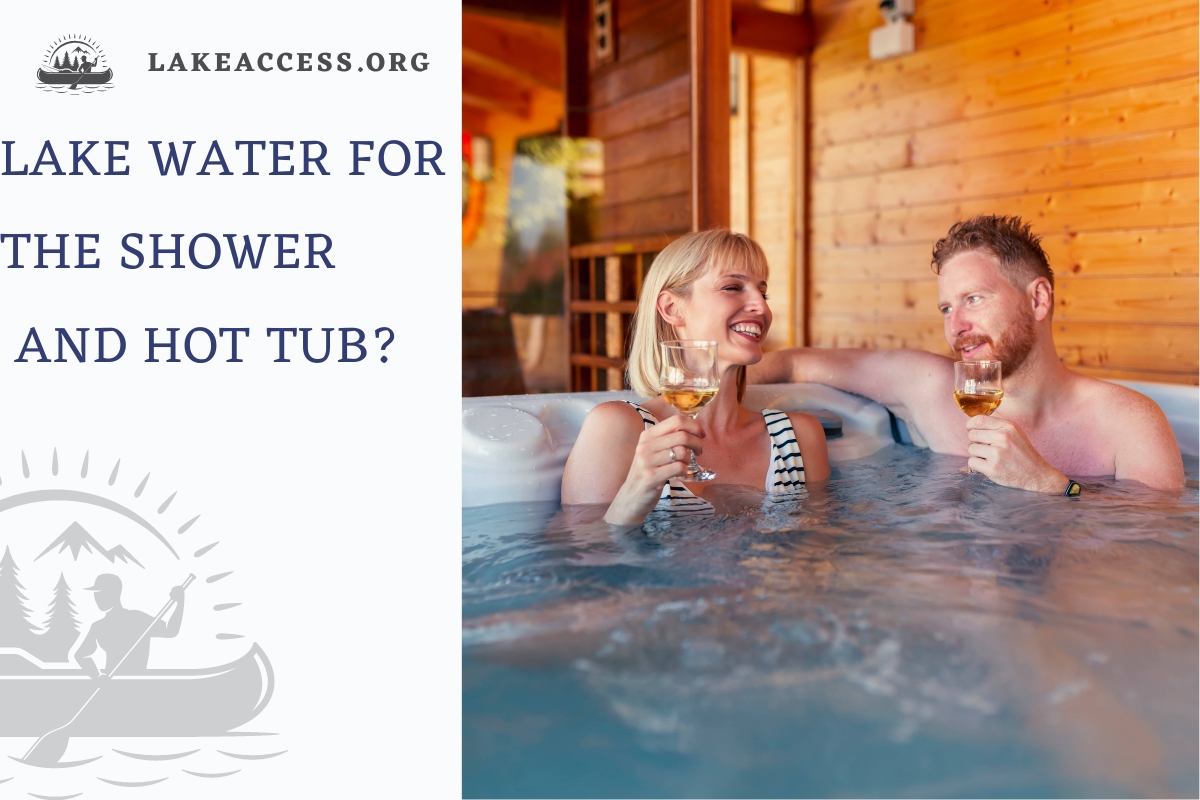Using lake water for showers and hot tubs is an intriguing concept that is not only possible but doable with the right steps. This practice, though challenging, entails deploying a sound filtration system, conducting granular water treatment, regular testing, and unwavering compliance with local regulations. Equally important is a deep understanding and consideration of the ecosystem’s health and the environmental impact of our actions. After all, lakes aren’t just idyllic spots for Sunday picnics but serve as crucial, biodiverse habitats for a myriad of aquatic organisms.
Benefits of Using Lake Water
Environmental Sustainability
In the era of sustainability and environmental consciousness, using lake water for showers and hot tubs can contribute positively to environmental stewardship. By prudently using a natural water source, we can reduce the demand for municipal water supplies, thereby indirectly helping to conserve this vital resource. It’s a small step in the grand scheme of things but an important one towards living more harmoniously with nature.
Cost Savings
Using lake water at a more micro, household level can lead to noticeable cost savings over time. Let’s face it – municipal water isn’t free. Especially in areas where freshwater is scarce, water tariffs can be significant. By judiciously utilizing lake water, you could lower your water bills, providing financial relief in the long run. The installation cost of a lake water system may seem hefty initially but could prove worthwhile in the grand scheme.
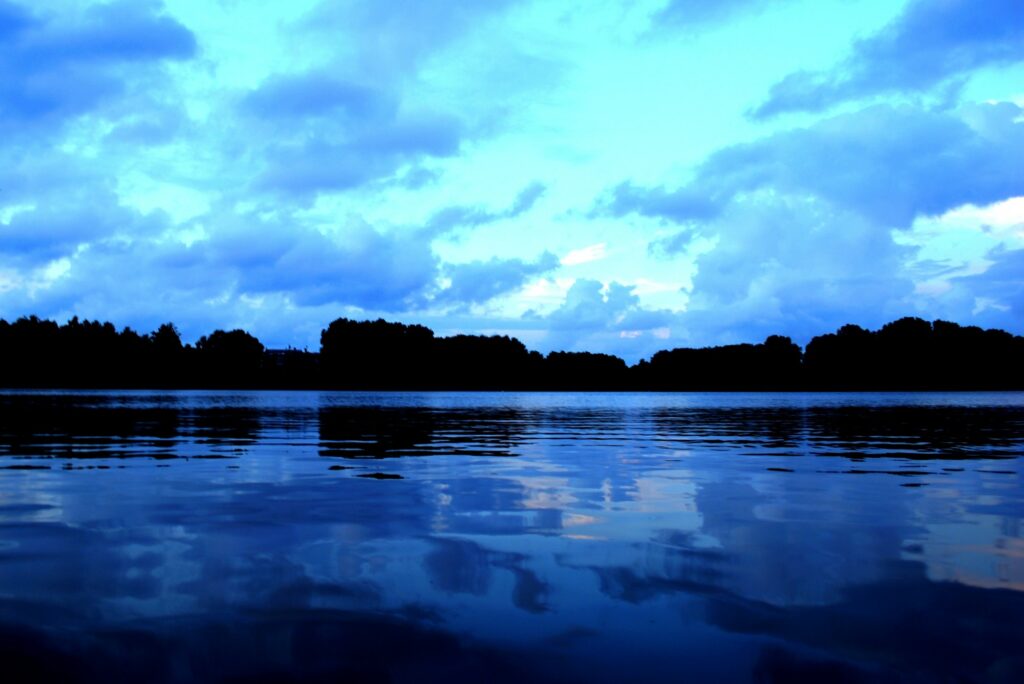
Considerations Before Utilizing Lake Water
Water Quality Testing
Before you turn on the tap that’s pinned to a lake, it’s paramount to conduct an intensive water quality testing regime. This isn’t a one-off checkbox but an ongoing commitment essential to ensuring the water is safe for human contact. Ignorance isn’t bliss here – untested water could lead to skin irritations or more severe health issues.
Legal and Regulatory Aspects
Just because there’s a lake doesn’t mean it’s freely available for all purposes. Local regulations might have water usage restrictions that are crucial to adhere to if we’re to respect laws and the environment. Arm yourself with the necessary permits and knowledge before going down this path – a little research can go a long way in ensuring you comply with laws and sustain the surrounding natural habitats.
Infrastructure Requirements
Constructing a network that redirects lake water to your shower head isn’t a cakewalk. It demands careful planning and considerable infrastructure adjustments. Pumps, filters, and pipes all introduce their own complexities. These need to be accurately sized and specifically designed to handle the physical and chemical characteristics of lake water.
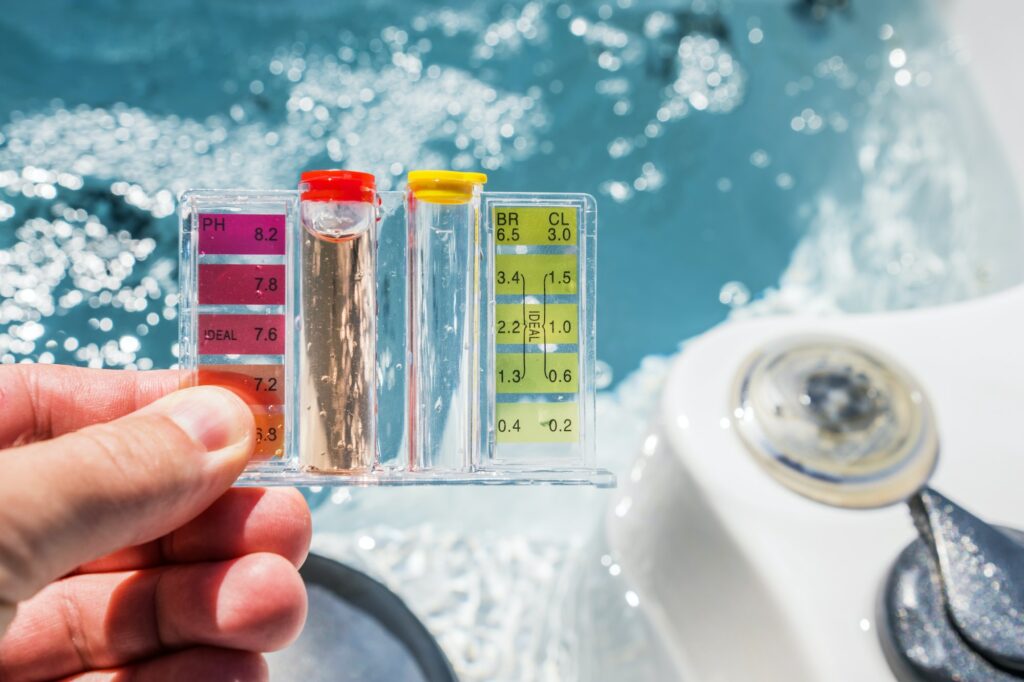
Filtering Lake Water
It’s nature’s water, but that doesn’t mean it’s always safe. Lake water can harbor a multitude of organic and inorganic matter, and treating it well before usage is nothing short of mandatory. Regular filtration processes help, but specific issues might require custom solutions. The health of your family and yours hinges on the efficacy of this important step.
Think water purification is plain sailing? Let’s explore a few ways to filter lake water, each with a unique approach but the same goal – safe water.
Sediment Filter
Imagine this as a vacuum cleaner for your lake water. It effectively sucks up sand, silt, loose scale, clay, and organic debris – somewhat like your vacuum does for the dust on your floor. The result is cleaner, clearer water that won’t bring its murky friends to the tub. Even stubborn elements such as iron and manganese can be shown on the back door with robust sediment filters.
Bleach Solution
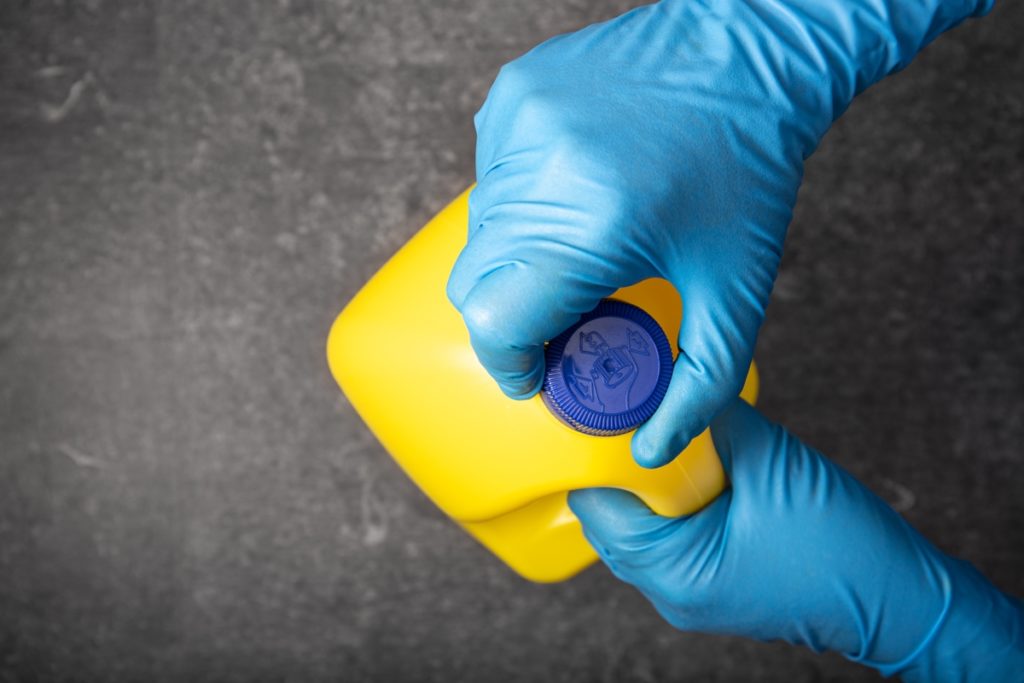
A superhero in its own right, bleach can be mercilessly effective at killing most microorganisms. It’s a cheap, yet effective solution that can help sanitize your lake water. However, remember to always follow label recommendations. Handling bleach might require protective gear, such as gloves or eyewear, to keep yourself safe.
Distillation System
Last but not least, here’s a process that’s stood the test of time: distillation. The main actor here is heat, which helps facilitate the eviction of impurities from your lake water. This process might remind you of your high school chemistry lab, but the principles are sound, and they do a great job of purifying water. However, a post-distillation water filter is also recommended to take care of stubborn contaminants that are more heat-friendly.
Maintaining Water Quality
The process of maintaining water quality doesn’t end with installing and operating reliable purification systems. It requires regular testing and monitoring of the water to detect any shifts in quality promptly. This continuous assessment helps adjust water treatment procedures as required, ensuring consistently safe water.
Algae and plant growth in the lake water, although natural and beneficial to the lake ecosystem, can be problematic for your system. They could clog filters, affect water quality, or even lead to unwanted biofilm growth in your plumbing systems. Hence, managing their growth effectively is a part of the maintenance packet.
Additionally, sediment that gets washed into the lake can eventually build up and cause multiple issues, such as reducing storage capacity or clogging filters and pipes. Regular sediment management, therefore, is a necessary preventive measure to enhance the system’s longevity and keep your water clean.
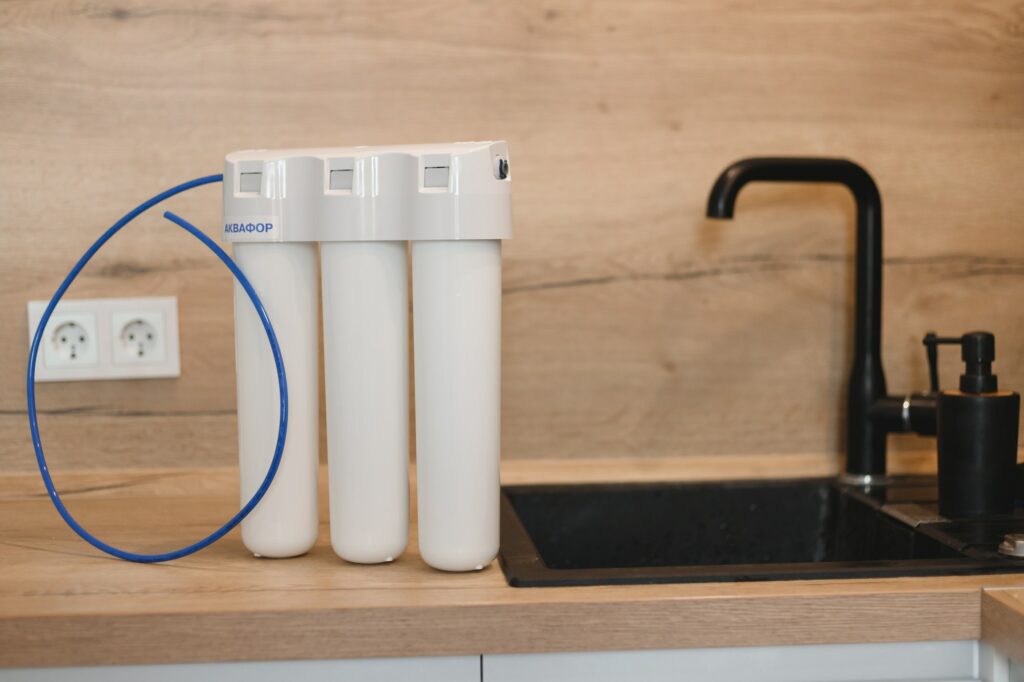
Challenges and Potential Issues
Lake water usage is not devoid of potential challenges and issues. For instance, seasonal variations in weather conditions, rainfall, and temperature changes can influence water quality and quantity dramatically. Winter could freeze it over, while an overly dry summer could result in water scarcity.
Health and hygiene concerns always hover around the use of untreated natural water sources. Lake water could house a variety of microorganisms and chemical contaminants, potentially leading to skin irritations, infections, or more serious health crises. This emphasizes the importance of effective water treatment processes and safety guidelines.
Finally, excessive extraction could distress the balance of the lake ecosystem, impacting flora and fauna and potentially degrading the lake’s overall health. Implicit in the use of lake water, therefore, is responsible usage, and maintaining ecological equilibrium.
Best Practices for Using Lake Water
Navigating the hurdles along the way, your commitments to using lake water safely and efficiently might evolve into the following best practices:
Installing a superior-quality filtration system is an essential, non-negotiable step. This ensures the elimination of all unwanted contaminants, serving safe and pleasant water for your baths.
Professional consultation can save a ton of trial-and-error situations. Water treatment experts, with their knowledge and experience, can help design systems that cater to specific lake conditions and individual requirements.
Furthermore, foresight suggests keeping a backup water source. This is handy during times of potential lake water shortage, contamination issues, or system maintenance and repair.
FAQs
Following this, I have compiled and answered some frequently asked questions on this topic, providing straightforward and easy-to-understand responses.
Can I use the Lake water to fill my hot tub?
Once thoroughly cleaned, lake water can be used in a hot tub. It is essential to ensure the water is filtered so you don’t become sick from it.
Is it safe to take a Shower in Lake water?
Only a small number of lakes in the USA contain clean, free-of-containment water. Unfortunately, most Lakes are filled with unhealthy contamination and are linked to the spread of diseases such as cholera, diarrhea, dysentery, hepatitis A, and polio.
Toxic algae can be found in some lakes, which might harm your body if you come across them unknowingly.
As a result, if you want to use lake water for showering and hot tub baths properly, you must always employ an appropriate filtering system. It is not a simple task, but it can yield significant results if done right.
Can Lake Water Stain my hot tub?
If the Lake water isn’t Purified correctly, it could stain your hot tub. To get rid of the stains caused by Lake water:
1. Use white vinegar solution mixed with water.
2. Soak a soft piece of cloth in the solution and rub it on the stains.
3. Rub until the stains are entirely cleared, and wash the spot with nice and clean water, and you’re good to go.
Is swimming in the lake water a good idea?
Swimming in a lake is exciting and pleasant. It can help you in relieving depression. But it is not suitable for your health because lakes can contain hazardous bacteria that can make you sick. Furthermore, certain lakes may include harmful fauna. Also, there are many toxic lakes in the United States, So if you aren’t careful and don’t read the warning, or there isn’t one, you could get in serious trouble. So, Always read the board sign installed by the local authorities. And be wary whenever you’re near a lake that doesn’t have a board sign.
